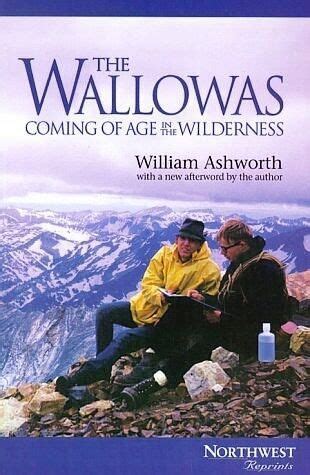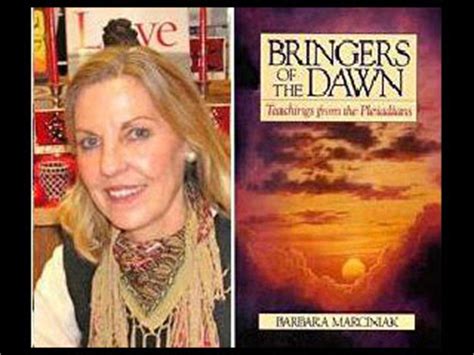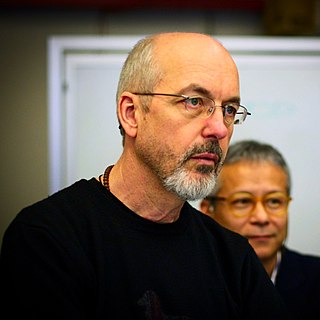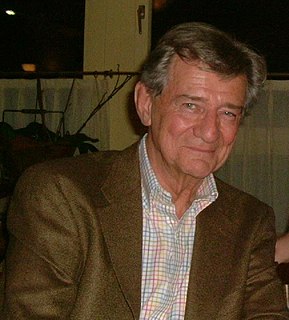A Quote by Jerry Saltz
New Yorkers only cross water for visual culture if the water is an ocean. The East River throws us for a huge loop. If we started going to Queens and the Bronx for visual culture, many of our rent, space, and crowding problems would be over indefinitely.
Related Quotes
If the Frieze Art Fair catches on, I imagine at least two great things happening. First, we will once again have a huge art fair in town that isn't too annoying to go to. More importantly, Frieze may finally show New Yorkers that we can cross our own waters for visual culture. That would change everything.
Nature seemed to have adorned herself for our departure with a profusion of fringes and curls, mingled with the bright tints of flowers, reflected in the water. But we missed the white water-lily, which is the queen of river flowers, its reign being over for this season.... Many of this species inhabit our Concord water.
War over water would be an ultimate obscenity. And yet, unfortunately it is conceivable... Water has been a source over so many years of erosion of confidence, of tension, of human rights abuses, really, of so many in areas whose traditional water supplies have been controlled and depleted by occupational authorities. That must stop if we're going to be able to develop a climate for peace.
A lot of us New Yorkers have bought apartments or bought lofts or are struggling to do it because at least that gives you some respite from the inexorable tightening of the screw every year - rent. But that puts you on this treadmill where you are constantly thinking, "Should I sell this place and move somewhere cheaper?" Artists have migrated across the East River and eastward in Brooklyn - as have non-artist populations, apparently going back to the Lenape Indians. There's been a migration to New Jersey, to Philadelphia, and farther afield.
Usually in theater, the visual repeats the verbal. The visual dwindles into decoration. But I think with my eyes. For me, the visual is not an afterthought, not an illustration of the text. If it says the same thing as the words, why look? The visual must be so compelling that a deaf man would sit though the performance fascinated.
But in a way you can say that after leaving the sea, after all those millions of years of living inside of the sea, we took the ocean with us. When a woman makes a baby, she gives it water, inside her body, to grow in. That water inside her body is almost exactly the same as the water of the sea. It is salty, by just the same amount. She makes a little ocean, in her body. And not only this. Our blood and our sweating, they are both salty, almost exactly like the water from the sea is salty. We carry oceans inside of us, in our blood and our sweat. And we are crying the oceans, in our tears.
I feel a disparity between my life in India within the home and my life outside the home - my life within public and private space. In terms of here and there, there were some differences, but New York and India were very different when I was growing up in the '80s. Definitely in terms of the visual and popular culture I encountered within my home - that was very different from the complete lack of representation I saw of South Asian culture outside of that space.
For the Persian poet Rumi, each human life is analogous to a bowl floating on the surface of an infinite ocean. As it moves along, it is slowly filling with the water around it. That's a metaphor for the acquisition of knowledge. When the water in the bowl finally reaches the same level as the water outside, there is no longer any need for the container, and it drops away as the inner water merges with the outside water. We call this the moment of death. That analogy returns to me over and over as a metaphor for ourselves.



































